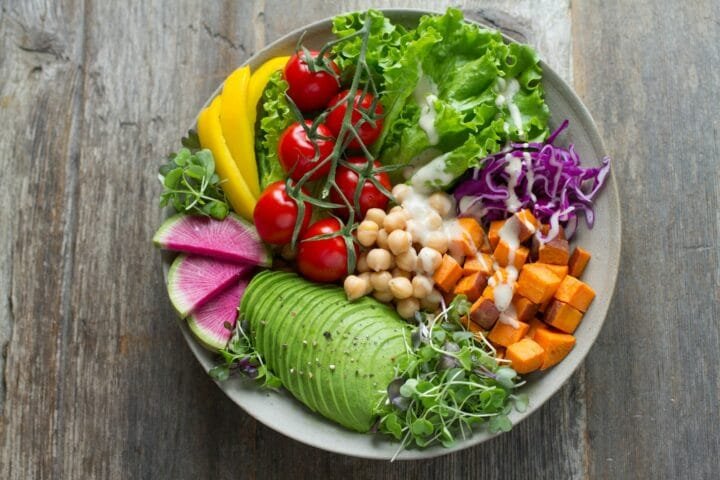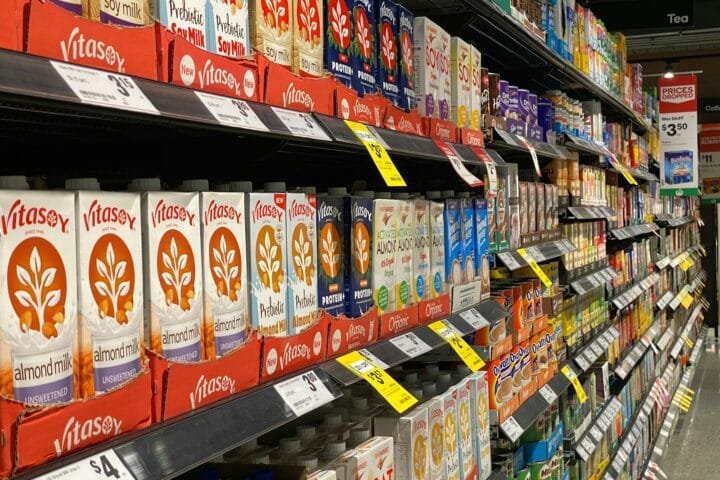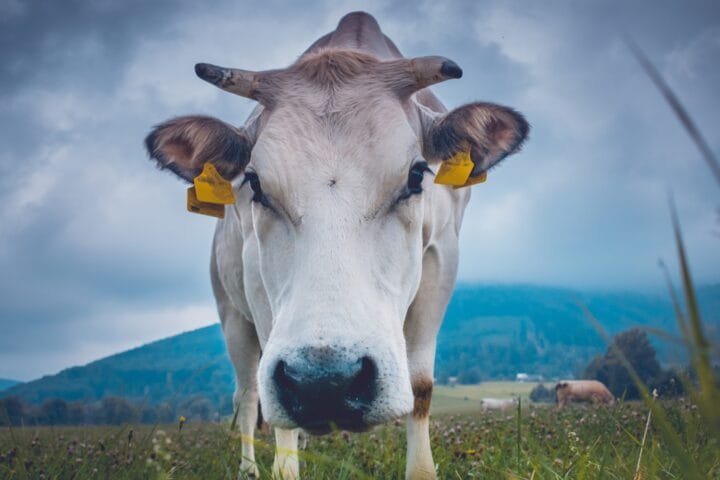From WRI
Summary:
- Meat and dairy production contribute significantly to climate change, with animal agriculture responsible for a large portion of global greenhouse gas emissions and methane emissions.
- Companies and consumers are increasingly seeking more sustainable animal products, but reducing emissions is just one piece of the puzzle; addressing water use, pollution, biodiversity loss, and animal welfare are also important.
- Alternative production systems like organic and grass-fed meat may have benefits for animal welfare but often come with higher environmental impacts per gram of protein compared to conventional production methods.
- Balancing trade-offs between environmental, social, ethical, and economic considerations is crucial in sourcing “better” meat, with reducing overall meat consumption being an essential step towards achieving global climate goals.
Press Release:

Meat and dairy are major contributors to climate change. Animal agriculture is responsible for more than three-quarters of agricultural land use, 11%–20% of global greenhouse gas (GHG) emissions and more than 30% of global methane emissions. Meat production is also a leading driver of recent tropical deforestation.
The good news is that companies and consumers are increasingly looking for more sustainable animal products. But reducing emissions is just one piece of the puzzle. So are addressing water use, water pollution and biodiversity loss driven by animal agriculture; improving animal welfare; supporting local farmers and more.
The problem is that there’s no single solution to tackle all these priorities at once.
[...]





